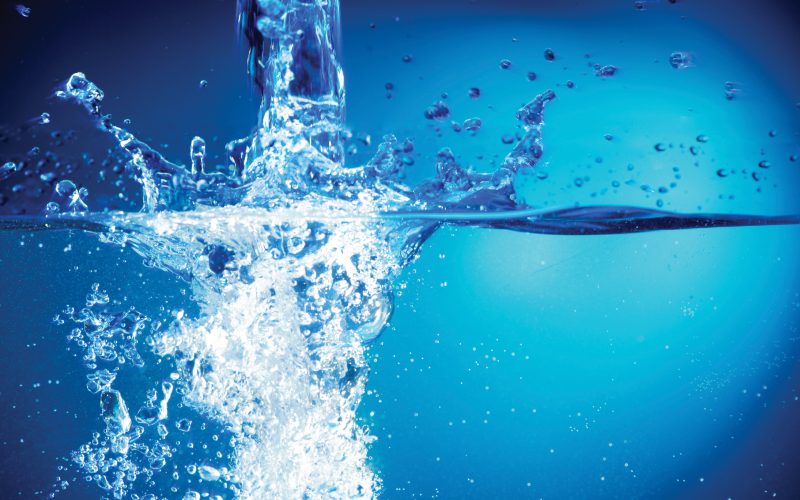Published on: March 11, 2024 at 11:29 AM
We have undertaken a “skills deep dive” into three important areas of the water industry over the next decade:
- Nature-based solutions
- Net zero and bioresources
- Artificial intelligence, data and digital skills
This report supports the achievement of the industry’s Net Zero 2030 Routemap and should be used by industry to determine the next steps in terms of ensuring that they – both as an industry and as individual employers – are able to attract, retain and develop the skills they will need to deliver a workforce fit for the future in these areas.
You can access an abridged version of the report here.
The full report is available for our members.
Summary of Recommendations
Cross-Industry Opportunities:
Collaboration will be central to understanding and addressing water industry skills challenges, allowing employers to benefit from economies of scale and collective expertise in developing and procuring the training they need. For example, the research found that there was a widespread need for industry-standard pre-start/induction training covering basic employability skills.
A renewed focus on occupational mapping will allow the sector to identify the skills required to achieve minimum competence in critical roles and support the subsequent development of industry standards and routes to competence. A planned ‘proof of concept’ for an occupational mapping tool will detail core tasks, skills requirements and routes to competency for critical roles across the sector.
Further collective effort is needed to promote the value of work placements and practical experiences for students and trainees across the industry. To support this, the report recommends that water industry employers commit to achieving 5% apprenticeship participation across their workforces.
In order to facilitate such strategic collaboration, the report recommends that a water industry strategy group is convened. This group will develop a coherent, shared action plan. Employers have emphasised that this should become the focal point for water industry workforce and skills conversations and activities, encompassing the full range of water industry stakeholders.
Nature-Based Solutions:
The water industry strategy group may wish to consider combining resources to diversify pathways into NBS specialisms, making training provision in niche areas more economically viable.
Modular upskilling programmes focusing on applied Mathematics, Chemistry, and Geology, in a water industry context, would support existing workers wishing to upskill from a different specialism.
The report recommends investigating potential for accessible industry-wide modular training in specific areas, such as control of invasive non-native species (INNS) and biodiversity in aquatic environments.
Net Zero and Bioresources:
Up-skilling and awareness raising is required across the existing workforce on application of low carbon technologies and carbon accounting to different operational areas and specialisms.
The report recommends that employers collaborate on development of industry-standard conversion training for new recruits from other industries to facilitate their transition. This would focus on application of transferable knowledge and skills in low carbon technologies and bioresources in a water industry context.
Artificial Intelligence, Data, and Digital:
Together, industry employers need to foster a ‘paradigm shift’ to embrace digital transformation across the entirety of their businesses and operations.
The report recommends more extensive integration of data and digital related skill sets into the school curriculum. Alongside ongoing outreach and engagement initiatives in schools and colleges, employers could offer more targeted programmes to promote careers in data science in a utilities-specific context.
